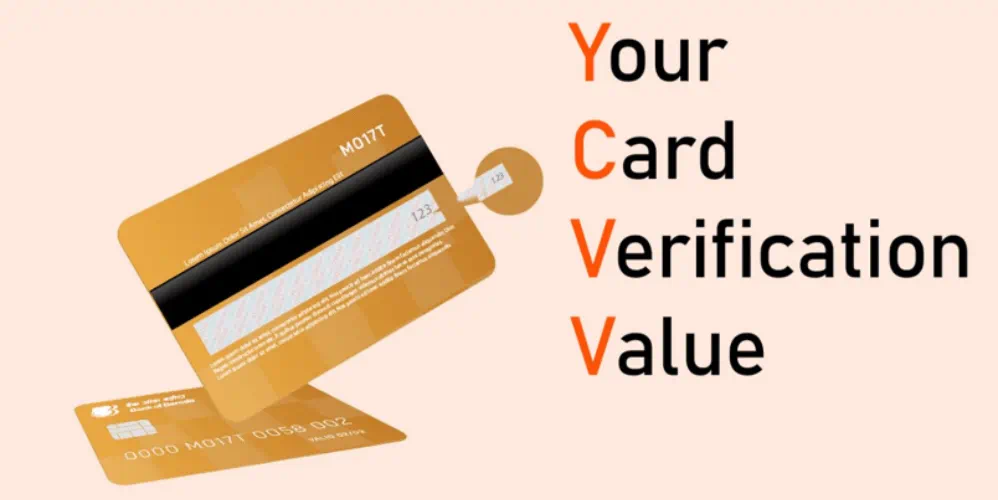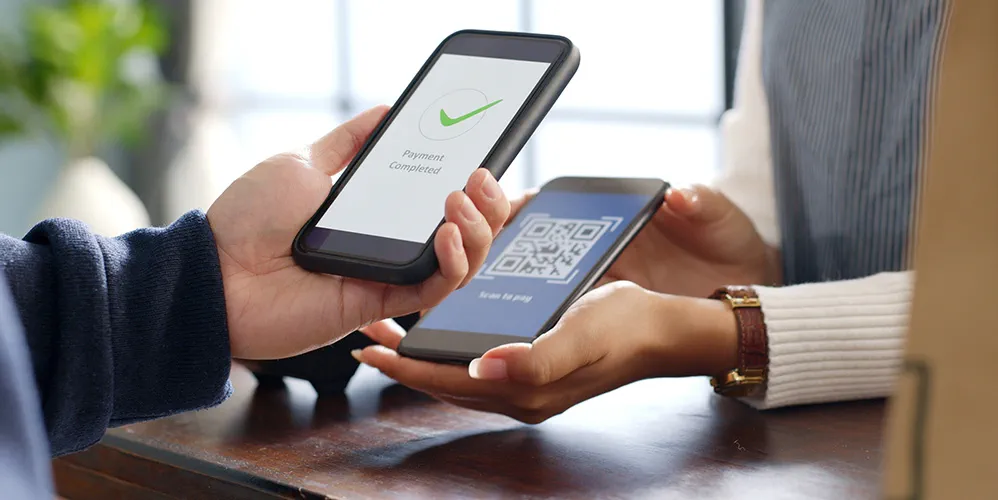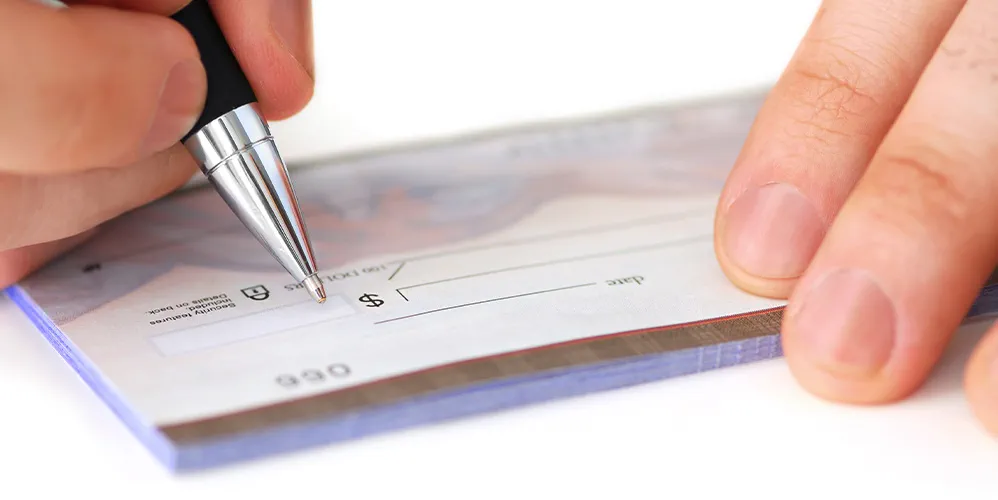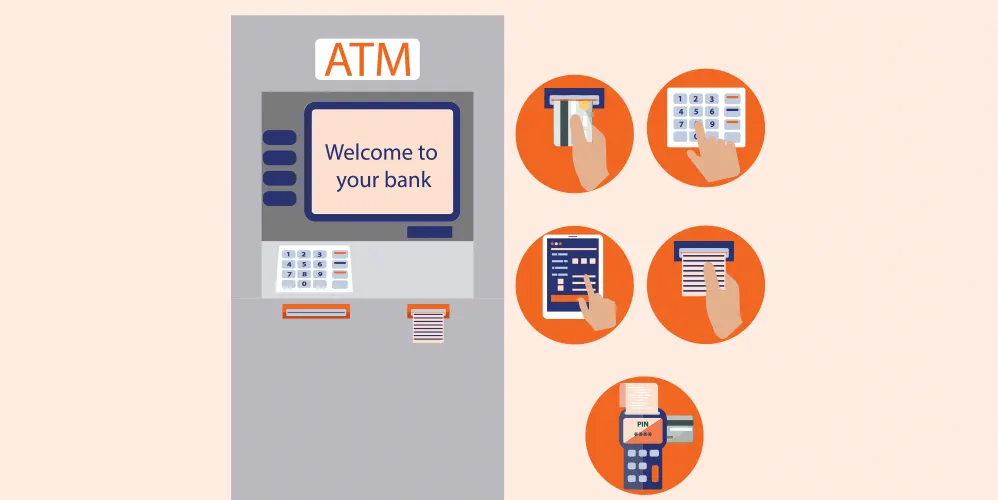
दिनांक 1 जुलाई, 2022 से प्रभावी- नए क्रेडिट कार्ड नियम
08 अगस्त 2022

Table of Content
On 21st April 2022, the Reserve Bank of India (RBI) released a notification named ‘Master Direction – Credit Card and Debit Card – Issuance and Conduct Directions, 2022. The notification includes new rules and regulations pertaining to the issuance of unsolicited facilities, credit card closures, new credit card issuance, etc. The new rules apply to all Scheduled Banks (except Payment Banks, State Co-operative Banks and District Central Co-operative Banks) and all Non-Banking Financial Companies (NBFCs) in India. If you are a credit cardholder or plan to apply for a new credit card, here are the new credit cards rules effective from 1st July 2022.
New Credit Card Billing Rules
Per the RBI notification, the new guidelines for credit card billing are as follows:
• No delay in dispatching the credit card statement
The card issuing company must send the credit card bills and statements via mail or email on time. There should be no delay. The card issuer must provide adequate time to cardholders to make the payment before the card issuer charges interest. RBI states that cardholders must get at least one fortnight to pay the credit card bill. To make sure the cardholder receives the bill on time, the card issuing company can send the credit card statements through the internet banking or mobile banking, provided the cardholder gives their explicit consent.
• Addressing wrong bills within 30 days
The card issuer should not raise wrong bills. If a cardholder raises queries for any transaction, the card issuer must address the queries and provide documentary evidence within 30 days of the date of the query raised.
• Modification of the billing cycle per cardholder’s preference
There is no standard billing cycle for the credit cards issued. Therefore, in line with the new guidelines for credit card, card issuers must provide cardholders with the option to change their billing cycle according to the cardholder’s convenience.
• Zero charges for disputed transactions
If the cardholder has disputed a transaction as ‘fraud’, the card issuer must not levy any charges on such transactions until they are resolved.
• Reversed transactions to be adjusted against payment due
The new credit card rules state that if the card issuer has yet to credit any refund or failed transaction amounts, and the cardholder has not made the credit card bill payment, the card issuer should adjust the pending credit amount against the payment due. The same must be notified to the cardholder.
Key Highlights
- The Reserve Bank of India (RBI) issued a new master circulation with new credit card billing rules.
- Card issuers must send an error-free credit card bill to cardholders without delay.
- Cardholders must get adequate time to pay the credit card bill.
- Card issuers must not charge customers for fraudulent transactions.
- Cardholders must consent if the card issuer wants to increase the card limit.
Frequently Asked Questions
What are credit card issuers?
Card issuers are financial institutions that are authorized by the Reserve Bank of India (RBI) to issue credit cards. They can be banks or non-banking financial institutions (NBFCs), Among other things, credit card issuers set credit limits and interest rates and offer several card benefits. Based on card usage, the card issuer can increase your credit limit and offer loans as well.
There seems to be a fraudulent transaction on my credit card bill. What should I do?
If you find a suspicious transaction, contact your card issuer immediately. Wait until the grievance is resolved to make the card payment. The card issuer cannot charge you for fraudulent transactions.
What are the Different Types of Credit Cards?
Card issuers can issue the following credit card types:
- Consumer Credit Cards: These are the most popular credit cards. They are issued to individual customers after assessing their income and capacity to repay the outstanding. Cardholders can carry forward the outstanding (called as revolving) by paying at least a minimum amount and applicable interest charges.
- Charge Cards: In this type, the cardholder must pay the bill amount in full before the due date. Rolling over the outstanding to the next billing cycle is not permitted.
- Business Credit Cards: Business credit cards are issued to organisations or individuals for business use.
- Corporate Credit Cards: Corporate Cards are issued to employees identified by a corporate/entity.
- Add-on Credit Cards: These are supplementary credit cards issued to the family of primary credit card holder. The credit limit is shared with the primary card and the responsibility to repay is also of the primary card holder.
What are the Types of Credit Card Charges?
Following are the common credit card charges you may see on your credit card bill:
- Interest: This is charged on accounts where the full payment is not made by the due date and outstanding balance is carried forward.
- Overdue penalty: Defaulting on your credit card bill payment can lead to late payment charges. These charges are not the same as interest rates.
- ATM withdrawal: You can withdraw cash using your credit card. However, you pay cash advance charges as well as interest from the date of cash withdrawal.
- Annual fee: The credit card may carry joining and annual fees.
Get Your Bank of Baroda Credit Card
Bank of Baroda offers a host of credit cards you can choose from. You can enjoy exclusive offers and rewards with your credit card transactions. Click here to get started. Call our toll-free number 1800 5700 or contact your relationship manager to know about credit card offers.
Popular Articles
Related Articles



What is CVV on a Debit Card? Understanding Its Importance and Security Features


How to Update Your FASTag KYC: Step-by-Step Guide for Online & Offline Methods




The Importance of Pension Funds: Secure Your Future with Steady Retirement Income

-
डिस्क्लेमर
इस लेख/इन्फोग्राफिक/चित्र/वीडियो की सामग्री का उद्देश्य केवल सूचना से है और जरूरी नहीं कि यह बैंक ऑफ बड़ौदा के विचारों को प्रतिबिंबित करे। सामग्री प्रकृति में सामान्य हैं और यह केवल सूचना मात्र है। यह आपकी विशेष परिस्थितियों में विशिष्ट सलाह का विकल्प नहीं होगा । बैंक ऑफ बड़ौदा और/या इसके सहयोगी और इसकी सहायक कंपनियां सटीकता के संबंध में कोई प्रतिनिधित्व नहीं करती हैं; यहां निहित या अन्यथा प्रदान की गई किसी भी जानकारी की पूर्णता या विश्वसनीयता और इसके द्वारा उसी के संबंध में किसी भी दायित्व को अस्वीकार करें। जानकारी अद्यतन, पूर्णता, संशोधन, सत्यापन और संशोधन के अधीन है और यह भौतिक रूप से बदल सकती है। इसकी सूचना किसी भी क्षेत्राधिकार में किसी भी व्यक्ति द्वारा वितरण या उपयोग के लिए अभिप्रेत नहीं है, जहां ऐसा वितरण या उपयोग कानून या विनियमन के विपरीत होगा या बैंक ऑफ बड़ौदा या उसके सहयोगियों को किसी भी लाइसेंसिंग या पंजीकरण आवश्यकताओं के अधीन करेगा । उल्लिखित सामग्री और सूचना के आधार पर किसी भी वित्तीय निर्णय लेने के लिए पाठक द्वारा किए गए किसी भी प्रत्यक्ष/अप्रत्यक्ष नुकसान या देयता के लिए बैंक ऑफ बड़ौदा जिम्मेदार नहीं होगा । कोई भी वित्तीय निर्णय लेने से पहले अपने वित्तीय सलाहकार से सलाह जरूर लें।
भारतीय रिजर्व बैंक ऑफ इंडिया द्वारा डिजिटल ऋण पर जारी नए दिशानिर्देश
डिजिटल ऋण के क्षेत्र में बड़े पैमाने पर हो रहे कदाचार के कारण, भारतीय रिजर्व बैंक ने डिजिटल ऋणों को सीधे उधारकर्ता के बैंक खाते में जमा करना अनिवार्य कर दिया है। तृतीय-पक्ष समावेशन स्वीकार्य नहीं होगा। इस मानदंड के साथ, RBI के नियम सुझाव देते हैं कि ऋण सेवा प्रदाताओं (LPS) को शुल्क का भुगतान डिजिटल ऋण देने वाली संस्थाओं द्वारा किया जाना चाहिए, न कि उधारकर्ताओं द्वारा।
टोकनाइजेशन: क्या यह आपके ऑनलाइन कार्ड लेनदेन को सुरक्षित बनाएगा?
डिजिटलीकरण के लिए धन्यवाद, ऑनलाइन लेनदेन की संख्या पहले से कहीं अधिक हो गई है। आप ऑनलाइन भुगतान करने के लिए कई भुगतान विधियों का उपयोग कर सकते हैं - क्रेडिट कार्ड और डेबिट कार्ड भुगतान उनमें से एक हैं। कार्ड आपको दुकानों के साथ-साथ ऑनलाइन भी त्वरित भुगतान करने की अनुमति देते हैं। ऑनलाइन चेकआउट के समय, आपको बस अपना डेबिट या क्रेडिट कार्ड विवरण दर्ज करना होगा और ओटीपी के माध्यम से लेनदेन को सत्यापित करना होगा। कुछ मोबाइल शॉपिंग ऐप आपको अपने कार्ड विवरण सेव करने की सुविधा भी देते हैं। हालांकि, 30 सितंबर 2022 के बाद ऐसा करना संभव नहीं होगा। भारतीय रिजर्व बैंक (RBI) ने टोकनाइजेशन के बारे में कई नोटिस जारी किए हैं। यह एक सुरक्षा उपाय है जिसका उद्देश्य ऑनलाइन भुगतान धोखाधड़ी के खिलाफ रोकथाम को बढ़ाना है। कार्ड ट्रांज़ैक्शन के टोकनाइज़ेशन के बारे में अधिक जानने के लिए पढ़ें और पता करें कि क्या यह आपके ऑनलाइन कार्ड ट्रांज़ैक्शन को सुरक्षित बना सकता है।

